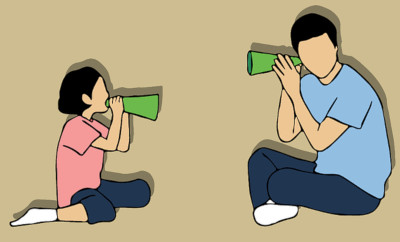One of the most powerful tools we have in our conflict resolution toolbox is empathetic listening. Humans have a compelling need to be understood and respected,Emotional Intelligenceand being an empathetic listener is a clear sign that we understand and respect the speaker’s perceptions, ideas, and feelings. Empathy allows us to view the world through the other person’s lens and to understand what that person feels and experiences. Empathetic listening requires us to listen to understand, rather than listen to respond. When we suspend our own ideas and agendas and empathetically listen, we will hear the underlying meaning of the message, rather than the spoken words. Not only will empathically listening enhance interpersonal communication and transform relationships, but it will also help us uncover and address root causes of problems that exacerbate conflicts. To improve your empathetic listening skills practice:
· Giving your full time, attention, and effort to the other person
· Using total body listening by facing the speaker and maintaining eye contact
· Watching the speaker’s body language for hidden messages
· Making comments that encourage the speaker to share feelings and perceptions (Example: Please tell me more about that.)
· Acknowledging and naming feelings (Example: I can see you are really frustrated.)
When we listen empathetically, we engage our hearts, not our minds and ears. When we are able to accomplish this, we will identify and address emotions that influence perceptions of the conflict, uncover the true meaning of the communication, and enjoy more productive outcomes.

